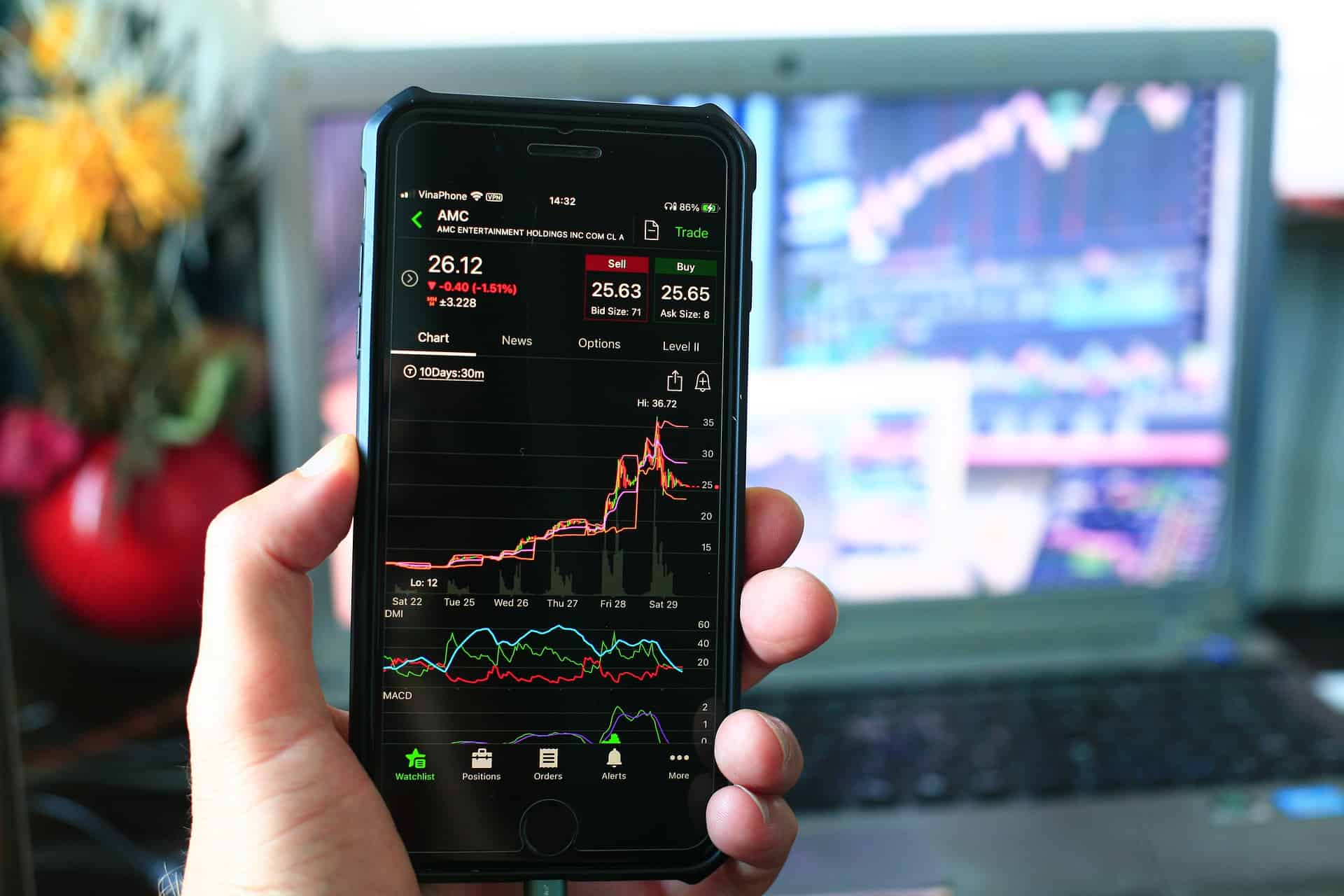Digital applications have changed the way many people invest their money. Once upon a time, you needed a bank or broker to create a portfolio and play the stock market. Now, digital investment means you can simply log on to buy and sell. This individual freedom has led to some interesting developments in the financial world, including meme stocks. You may be familiar with this term in relation to Reddit posts that drove up the value of some stocks earlier this year.
Meme stocks are the shares of companies that have seen a surge in viral activity fueled by social media platforms. The idea is often to buy stocks with high short interest in an attempt to stick it to institutional investors or hedge funds that have been shorting the stock. Reddit is credited with coining the term meme stocks and their activity has had a major effect on US and UK-based exchanges. We work with a lot of financial clients and meme stocks got us wondering: How did this phenomenon come about and what role does digital investment play?
SHORT SQUEEZE: A short squeeze is an unusual condition that triggers rapidly rising prices in a stock, causing short-sellers bail out to cut their losses.
Digital Investment & Increased Access
Let’s start by talking about how online trading works. The advent of digital investment put the power in the hands of the little guy. Basically, anyone who has a computer and some money to open an account can invest in the stock market. This increased accessibility is attractive due to lower fees and the ability to make your own trades. Before, a trade required a broker who would buy and sell stocks through an exchange on your behalf. If you take control of the buying and selling online, requesting specific trades, you’re using and online broker in place of a human broker. An online broker will execute trades and store your money and stock in an account.
CANADIAN STOCK MARKET: The Toronto Stock Exchange (TSX) is the largest exchange in Canada.
Trading Apps
Digital investing was made even easier when trading apps came on the scene, enabling an individual to buy and sell stock right from their phone. Let’s use the Robinhood app as an example since the company has gotten a lot of press for its role in meme stock activity. Robinhood markets itself as an online brokerage that doesn’t charge trading commissions, making it attractive to users. Before the app even launched in 2014, it had 340,000 people waiting to use it. In May of last year, the company revealed that it had 13 million active users, and that number keeps growing.
So we know the Robinhood app is popular, but how does it make the company money? Well, that’s mostly generated through something called payment for order flow. In a nutshell, that means the buy and sell orders users make are sent to other trading firms for execution. Robinhood is paid a fee by these firms for sending customer trades. In the first quarter of 2020, the company made $91 million dollars; and in the second quarter of the year, they nearly doubled that with $180 million dollars in revenue. It’s a successful model for profit, but it’s drawn criticism. As if often the case, video summarizes the history and business model of “the darling of fintech” in an easy-to-digest package.
Meme Stock Mayhem
Back to meme stocks and the story of how digital investment and social media worked together to disrupt the market. For many of us, the first time we knew about meme stocks was when GameStop took off early this year. In March 2020, stock in the American gaming merchandise retailer was valued at $2-$4 a share. Then Reddit started talking about purchasing as much GameStop stock as possible, then hanging on to it and driving up the price. Short-selling investors had trouble finding stock to buy or cover. On January 28, the stock hit an all-time high of $438. This effectively meant huge losses for the hedge funds that were caught short.
This new way of trading facilitated by individuals has drawn some negative attention. Meme stocks are a form of market manipulation that’s being watched in the US by the Securities and Exchange Commission. The watchdog is not a fan of volatile markets and is keeping an eye out for misconduct. The digital investors are being criticized for playing with the market, but they say they’re just levelling the playing field and using the same tactics big firms have used for years.
Cashing In
Regardless of how individuals are investing in the stock market, it seems online trading and the apps that enable this activity are here to stay. If you’re thinking about using self-directed investing, you’ve probably gone online to watch a video or two to help you understand how it works and which apps are best. (Check out the video below we made for Virtual Brokers.) We know how video can make even complex investment concepts easy to grasp, and we’ve helped financial clients communicate with potential investors. Give us a call if you’d like to talk about how we can help make your investment platform an attractive option. And good luck with your digital investment!
https://keywestvideo.wistia.com/medias/mixfpw0h73









